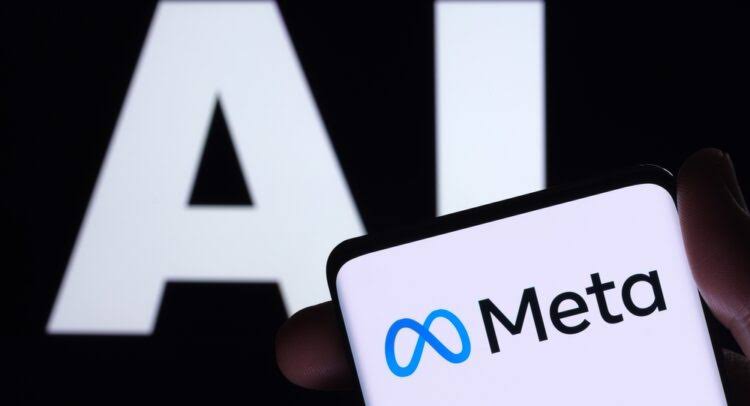Meta, the parent company of Facebook, has prohibited political marketers from employing its generative AI tools for advertisement creation, citing concerns regarding disinformation.
Reuters reports that Meta’s statement prohibiting political advertisements from utilizing its proprietary AI technologies is consistent with its stance on the secure development and application of AI.
To announce the new advertising policy and expand the AI restriction to additional regulated areas, Meta updated its help center.
While we conduct testing, advertisers operating campaigns related to housing, employment, credit, social issues, elections, politics, health, pharmaceuticals, or financial services are prohibited from utilizing the Generative AI ad creation tools in Ads Manager, according to Meta.
It appears that the giant technology company is indicating that the restrictions may be temporary while it collaborates with authorities to develop an AI innovation framework.
The post stated, “We are confident that this methodology will assist us in more accurately evaluating potential risks and establishing the appropriate safeguards for the utilization of generative AI in advertising about potentially delicate subjects in regulated sectors.”
The early October release of Meta’s new AI capabilities enables advertisers to generate new ad backgrounds, modify images, and perform other tasks via language queries.
The prohibition on politically charged and other regulated content is in advance of Meta’s anticipated global launch of an all-encompassing AI tool for marketers across its platforms.
Conversely to prohibiting them, Google mandated that all political advertisements attribute AI components. With few exceptions, Google will implement its new guidelines for all image, audio, and video content beginning in mid-November.
Google stated that advertisements that employ AI for basic image manipulation or those with “inconsequential” AI capabilities will not be labeled.
Before the 2024 elections, the U.S. Federal Elections Commission (FEC) intends to intensify restrictions on dubious AI campaign utilization. The FEC is concerned that deepfakes of Donald Trump and Ron DeSantis, which are generated by artificial intelligence, could mislead voters.
The FEC, having previously regulated digital currencies to support political campaigns, is now preparing for another battle against emerging technologies.
A cautious approach will be taken to prevent the stifling of free speech, the FEC stated during a public consultation.
“The technology will almost certainly enable political actors to deceive electors in ways that far exceed any First Amendment rights to political expression, opinion, or satire,” according to a petition to the FEC.












